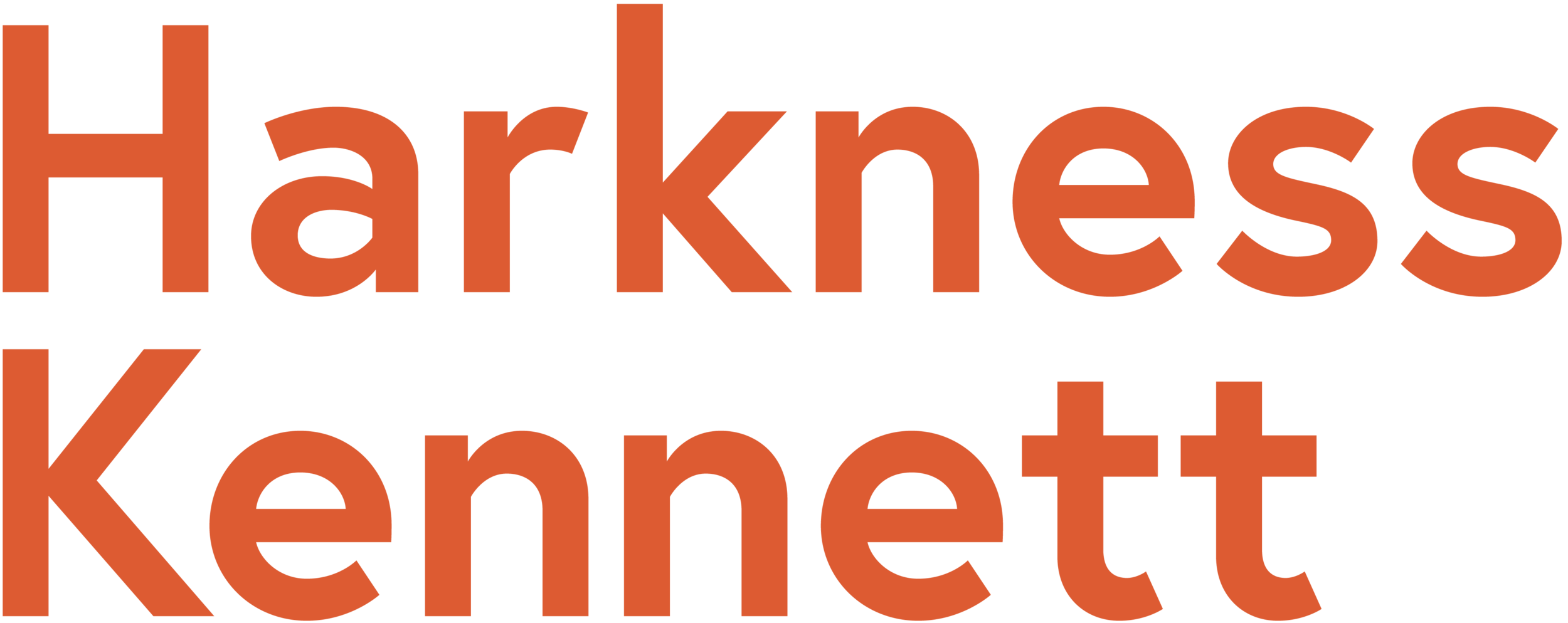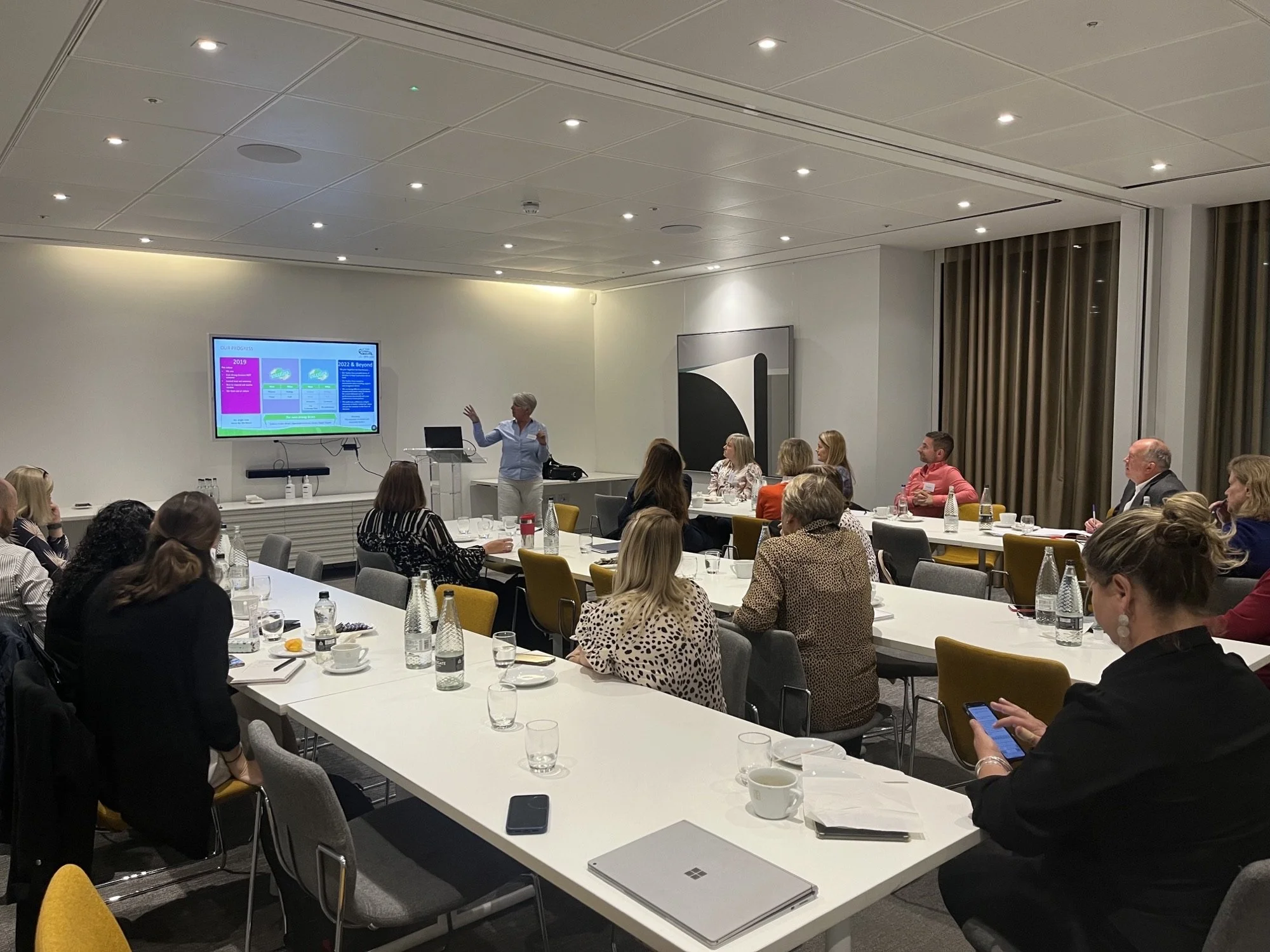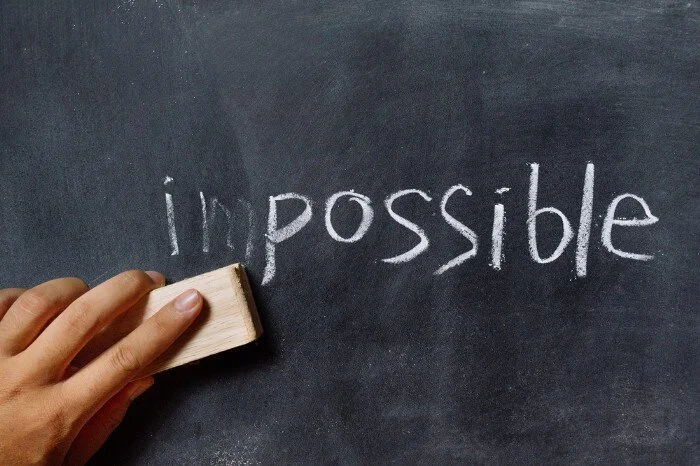Your best CV

Writing ‘your best CV’ involves so much more than just listing your experience; creating a professional CV increases your chances of being noticed first and is essential to securing the most desirable jobs. Using my 15 years of resourcing experience, I have pulled together some top tips for creating your best CV:
Your shop window
Try not to think of your CV as being your life story, an exhaustive list of every role you’ve held over your career. Think about it as your shop window - the opportunity to present the best summary of all the relevant skills and achievements you’ve gained. Imagine that you are the employer and think about what they will be looking for at the outset. Which brings us on to…
Be yourself
Think about your personal profile and introduction. Use this opportunity to give prospective employers an overview of who you are and what you’re all about. Highlight specific qualities that might match you to a specific role, include:·
Who are you?
What can you offer the company?
What are your career goals?
What are your main skills? (certainly include writing skills, stakeholder relationships, strategic projects, working with various organisational functions)
Focus on results, not responsibilities
Your achievements should cover what you did that made the most positive impact and contribution to each employer's business. The most powerful achievements are those that are quantifiable, so include numbers or percentages where possible.
Don’t be afraid to show off a bit. Include projects you’ve worked on that you’re most proud of – aim to detail four to five bullet points at most.
Recruiters don’t need to learn about all the duties that you performed. Think about including key metrics and data to make your impact tangible – for example: ‘84% of colleagues said they found the information useful and relevant’ and ‘employee engagement rose by 14%’.
Only relevant interests apply
This one is rather subjective, but I would advise against including interests which are not clearly relevant to the role. If your hobbies include skills that are transferable to the role you are applying for, they should be on your CV. If not, don’t bother including them.
Do include recent courses and other personal development. If you’re doing extra-curricular work and attending courses to further your knowledge, then I’d certainly recommend adding these to your CV - it may set you apart from those who don’t.
The small print
There’s no need to include your age and date of birth on your CV; the only dates that should be listed are your employment and qualification details. Your age doesn’t affect your ability to do the job. As with age, your marital status and dependents don’t affect your ability to do your job, so don’t include them on your CV either.
Proof, proof, proof!
You’d be surprised at the number of typos and spelling mistakes we come across! Proofreading is vital, and grammar and auto spelling checks alone will not suffice. Finally, always ask a friend or colleague to proofread your CV before you submit it; an unbiased review gives you a fresh perspective and may just pick up the odd typo or two!
Published by Tanya
You May Also Like:






























